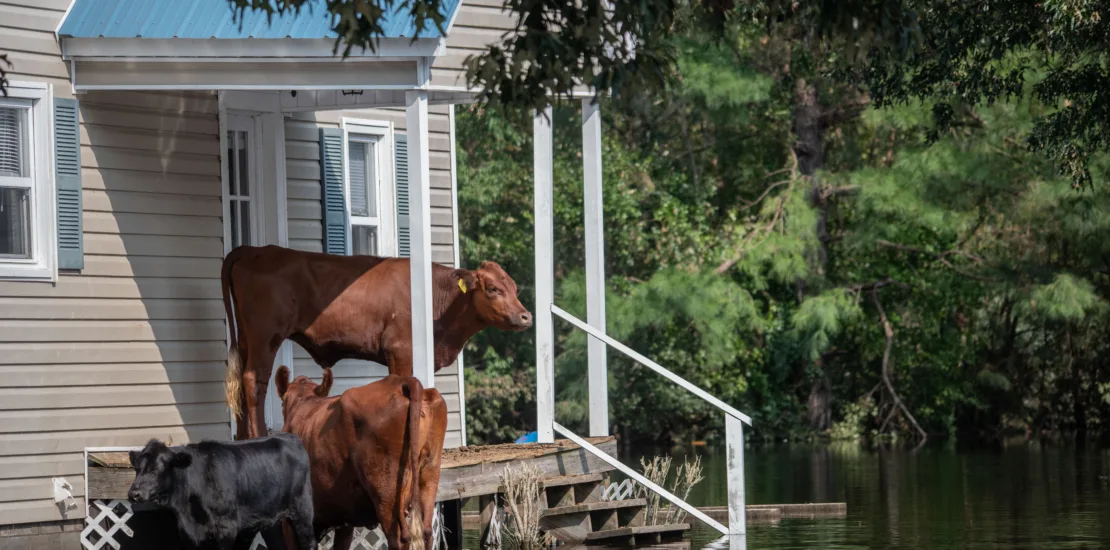- July 17, 2023
- Category: Home, Tips & Advice

As we enter the summer season, now is the perfect time to take proactive steps to prepare your property for the upcoming hurricane season. In 2022, Hurricane Fiona alone caused more than $385 million in damage to Nova Scotia, $220 million in Prince Edward Island.
With the potential for strong winds, heavy rains, and storm surges, being prepared is key to safeguarding your home and ensuring the safety of your family. In this checklist, we’ll guide you through important tasks that you can undertake this summer to fortify your home for hurricane season. You can download our checklist here.
Remember, hurricanes can be unpredictable, and it’s essential to stay informed and follow the guidance of local authorities. Start your preparations today and let’s ensure your home is ready to weather any storm that may come your way. Together, we can minimize potential damages and prioritize safety during the hurricane season.
Let’s dive into the checklist and get your home hurricane-ready this summer.
- Review Your Home Insurance Policy:
- Assess your existing home insurance policy to understand your coverage for hurricane-related damages, including wind, storm surge, and flooding.
- Consider additional coverage options such as flood insurance or increased dwelling coverage if necessary.
- Contact your insurance provider to address any concerns or questions regarding your policy.
- Conduct a Property Inspection:
- Inspect the exterior of your property for any potential vulnerabilities, such as loose or damaged roof shingles, siding, or gutters.
- Check windows and doors for proper sealing and reinforce them if needed.
- Trim trees and shrubs to remove any overhanging branches that could cause damage during high winds.
- Secure Outdoor Items:
- Properly anchor any items that could be damaged or become projectiles during a storm that you will not be taking indoors in the event of a hurricane.
- Prepare for Power Outages:
- If you have a generator, ensure that it is in good working condition.
- Stock up on essential supplies like flashlights, batteries, non-perishable food, and bottled water.
- Create a Home Inventory:
- Document your possessions with photographs or videos, including detailed descriptions.
- Keep important documents, such as insurance policies, identification, and financial records, in a waterproof and fireproof container or store digital copies in a secure location.
- Develop an Emergency Plan:
- Create an emergency kit with essential supplies, including first aid items, medications, and a sufficient supply of necessary items for all family members.
- Determine evacuation routes and identify a safe location in case you need to evacuate.
- Share your emergency plan with family members and ensure everyone understands their roles and responsibilities.
- Maintain Communication Channels:
- Sign up for emergency alerts or notifications provided by your local government or weather agencies.
- Designate a contact person that is likely to be outside an affected area to communicate with family and friends in case local communication networks are disrupted or you are unable.
Remember, it’s always recommended to consult with local authorities and follow their guidelines and recommendations for hurricane preparedness in your specific area.
